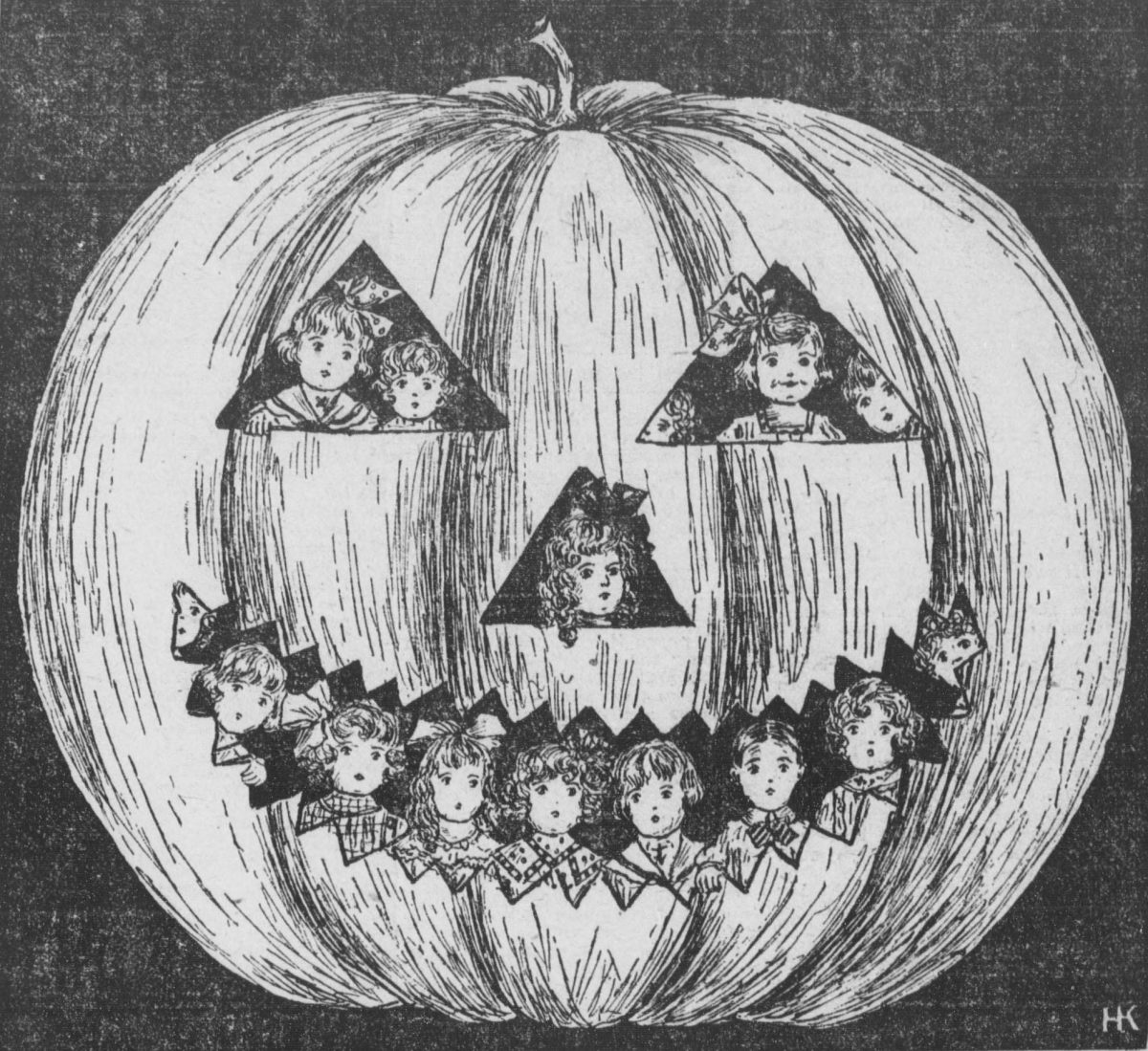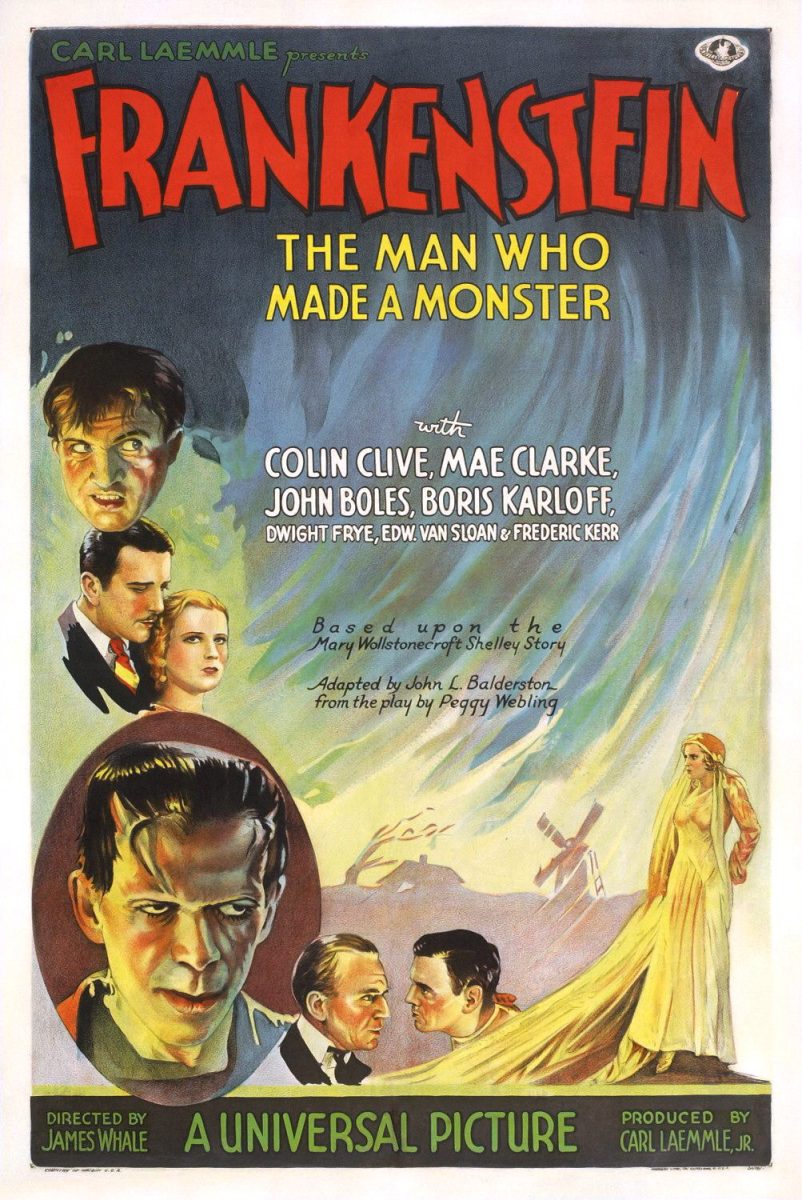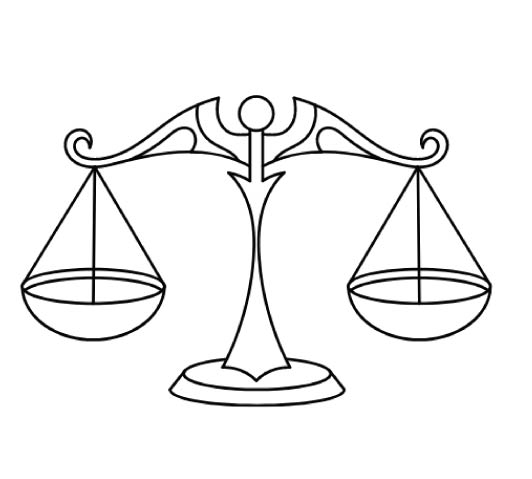I recently attended a lunch with renowned columnist Ruben Navarrette. The wisdom he imparted while we talked has resounded within me as I reflected on our time together, particularly his discussion of why we’re broken when it comes to politics and how we can fix it. His ideas can be reflected upon media and society in general and it mostly boils down to one principle: respect.
At some time, we stopped listening to what those of differing opinions had to say. Instead of recognizing their point of view and respecting them as individuals, we came to dehumanize them and impugn their character; assigning the worst motivations for their actions, inactions or points of view.
Navarrette showed how this is seen in the political world. He referenced the presidential election. Many left-wing voters hold the assertion that Trump supporters are all racist misogynists. Though Navarrette is an avowed anti-Trumper, he does not agree with that notion.
He said that when labels like that get applied and individuals are assigned such terrible characteristics, the conversation gets shut down. Respect and reason are gone, taking adult conversation with it. And that is how politics have been broken.
This is not limited to the realm of politics. It extends to society as a whole and the way we address each other. For an example of what not to do, one has to look no further than our recent editorial, “Student apathy makes CMU look bad,” that invited a great amount of anger.
Had I been able to experience the lunch with Navarrette and given enough time to meditate on his words prior to the editorial being written, it’s likely that different wording would have been used.
[media-credit id=19 align=”alignleft” width=”300″] [/media-credit]
[/media-credit]
Rather than finding a better way to address student apathy, we, or more specifically, I fell into the trap of using the kind of narrative that is common in society. By saying students cared more about their coffee than abused women, the motivation of those students was assigned a terrible quality.
This accomplished the effect that many apparently stopped reading. The point that many Colorado Mesa University groups have been consistently engaging in positive community outreach wasn’t noticed, as witnessed by the comments that claimed The Criterion was patting itself on the back or throwing a tantrum.
The conversation was shut down. Reasoning and reading stopped. The consequence was the call-to-action encouraging students to help spread a positive image of CMU to the community was lost.
As the editor in chief, the buck stops here. Though editorials are supposed to represent the collective opinions of The Criterion, I am ultimately responsible for everything that gets published and often have the biggest hand in writing them. I sincerely apologize for allowing a necessary message to be delivered in a conversation-ending way.
This demonstrated how media and society, like politics, is broken. That brings us to the second part: how to fix what is broken.
As previously mentioned, it’s a matter of respect. Navarrette said a spirit of respect can fix politics. Instead of name-calling and assigning terrible attributes to individuals who vote differently, we can listen to the real motivations they have for their political stances. Then a respectful conversation can be had to bring both sides closer together.
The same is true in our daily interactions and the messages we put out. Using the example of the editorial, the message was necessary. Student apathy should be addressed. Students should be encouraged to positively steer the way the community views CMU. The overlying message is not a reason to apologize.
However, there should have been a more respectful way of calling students to action.
There should always be respect as the foundation of meaningful conversations. That’s how we fix politics, that’s how we fix society and that’s even how we fix relationships. It takes everybody and it’s not always easy, just as it’s not necessarily easy to admit where mistakes were made, but it’s worth it.
Let’s fix ourselves, fix our conversations and fix society.








